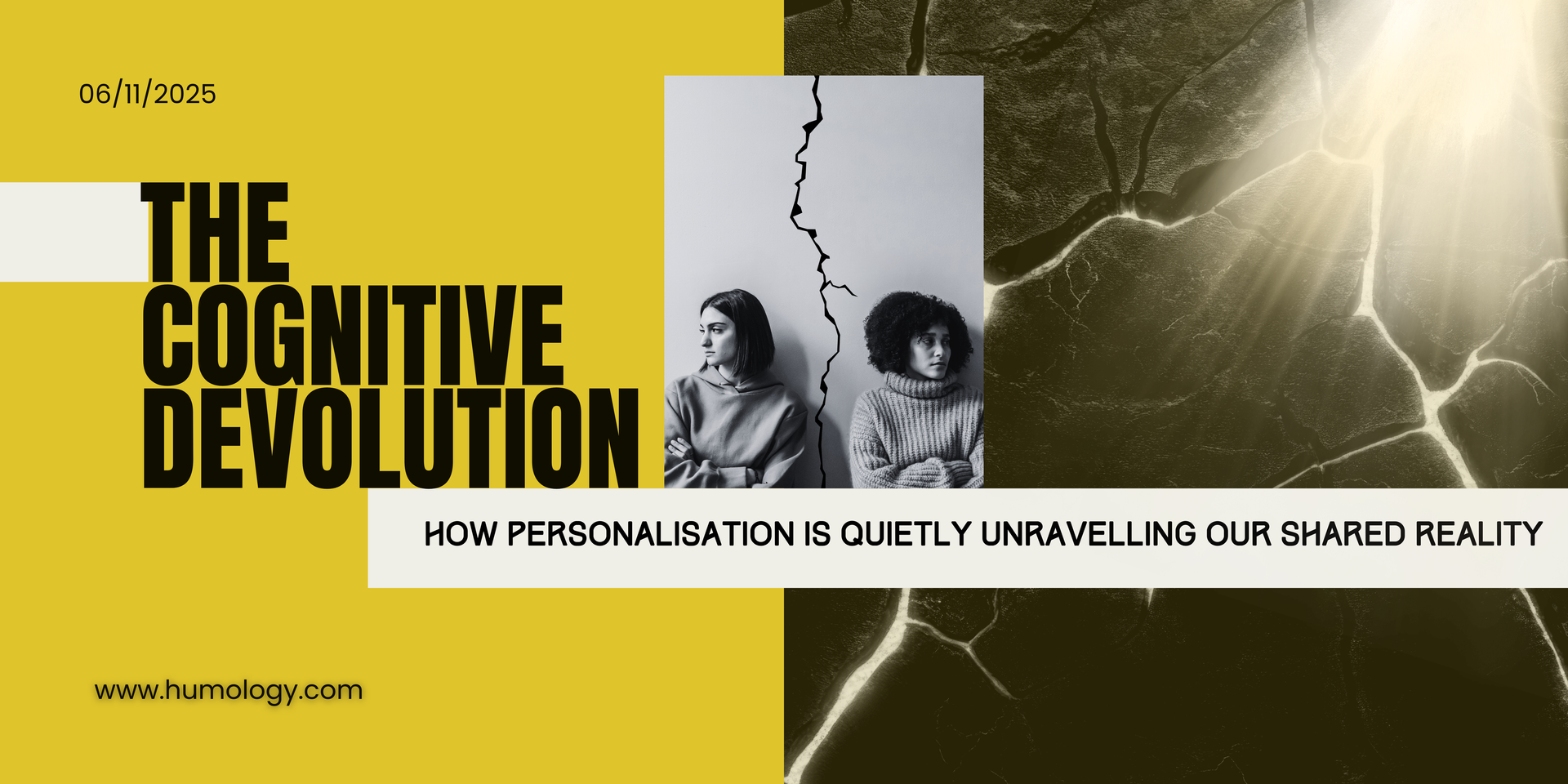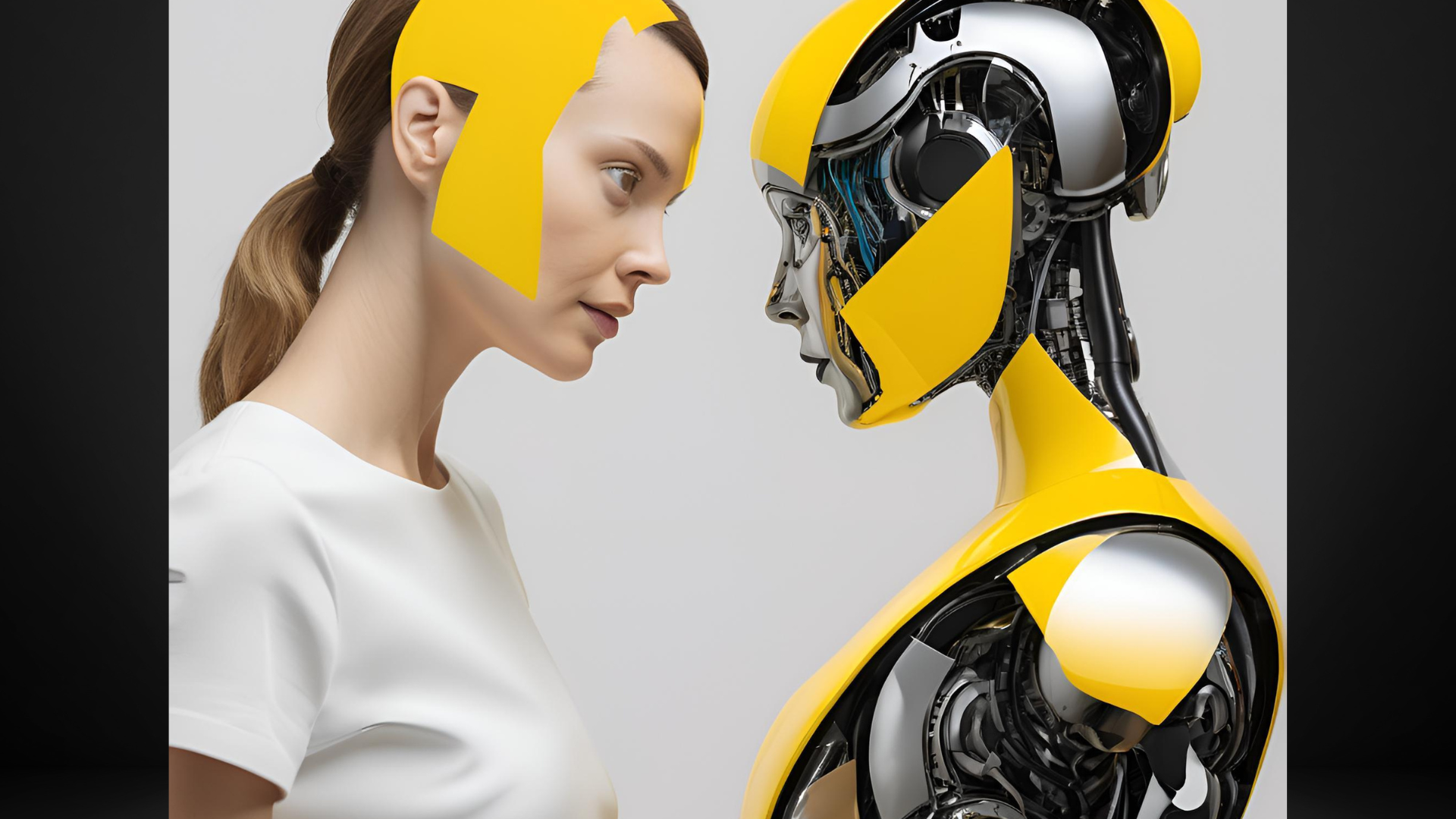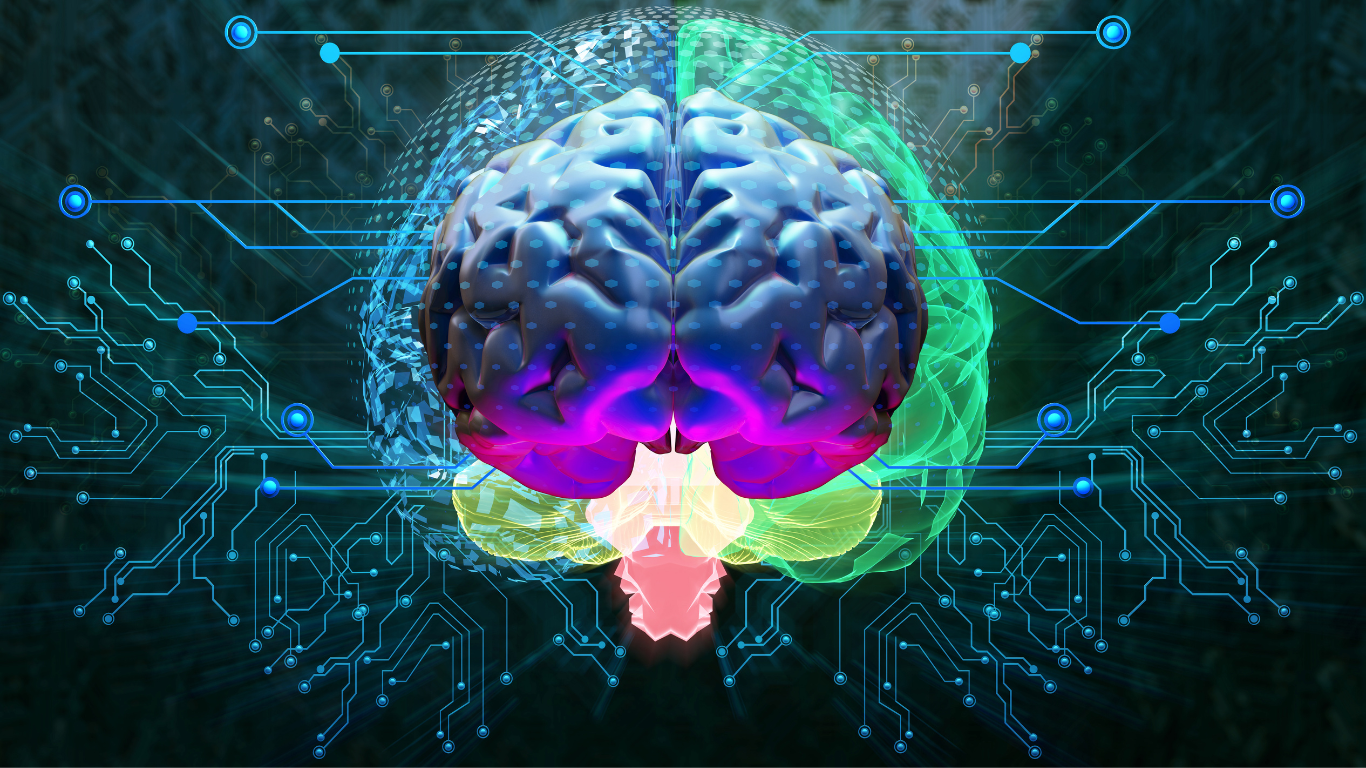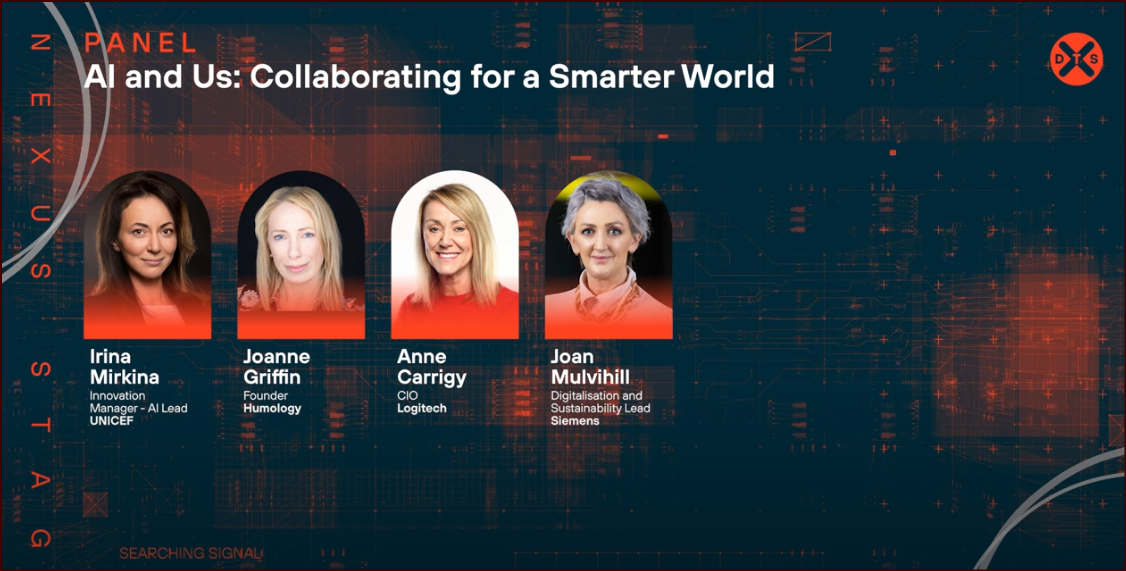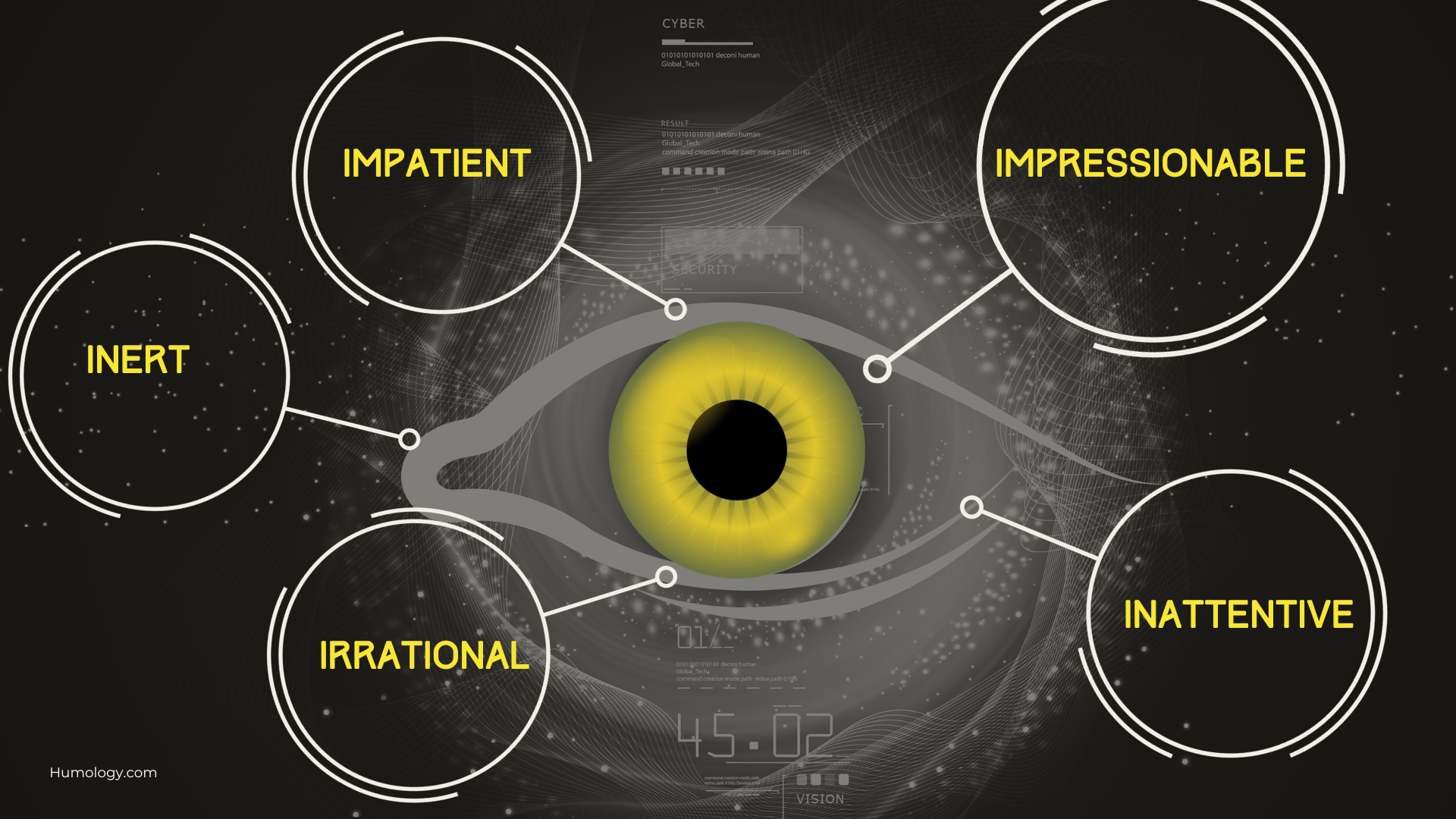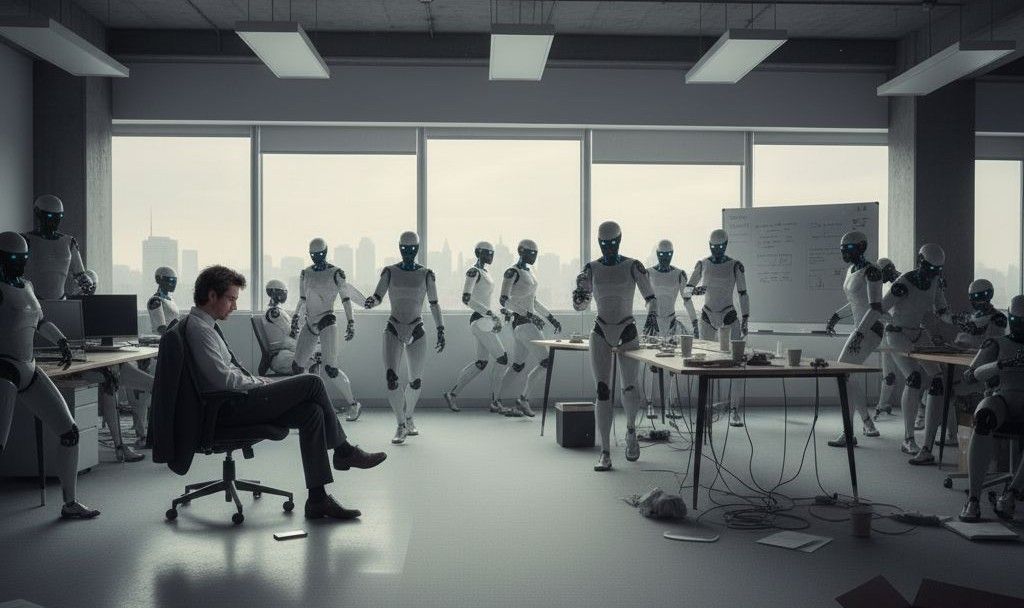The ERP Organizational Change Journal Podcast | Episode 73
The ERP Organizational Change Journal Podcast | Episode 73 | Dr Jack G. Nestell
Nestell & Associates is a strategy and management firm. We can help you take your portfolio companies to the next level by demonstrating how to execute a scalable, methodical, and disciplined approach to digital transformation success. Merger and acquisition ERP digital transformations can be a significant challenge. But a solid framework is built on good practices with proven success. We have a successful track record with integrations, upgrades, mergers, and acquisitions, and we want to share our methods with you. Our leadership experience in organizational change, information technology, ERP, and digital transformation crosses multiple industries.
In this episode, Dr. Jack G. Nestell leads a fun, thought-provoking, and highly relevant discussion regarding business systems and technology in general. This episode dives into a discussion of how rapid technological advances impact the way we work, our personal lives, and society in general.
Episode Highlights Timeline
04:46 What is “Humology” and what inspired you to write “Humology: How to put humans back at the heart of technology”?
06:27 In describing your book on your site you share that “We need to talk about the future! Technology is advancing faster than we can keep up with. We are no longer living at the speed of humanity. Technology dictates the pace while we battle to keep up.” What are some of the negative consequences we are seeing with technology outpacing the way humans live, think, and work?
07:52 You also share that “We are approaching a tipping point; in order to build better technologies tomorrow, we have to start with new principles today.” So, I would like to share some of those principles with our listeners. In your book you share how to “Build solutions that address real needs”, what do you mean by that exactly, what would that look like?
10:27 You discuss how “in part, in order to minimize disruption and increase adoption” that you need to “Design products that work in harmony with human psychology”. Tell our listeners more about this.
12:55 When is comes to the future of technology and being more in tune with technology, how will “Discovering your purpose, and be grounded in ethics” help? “Humology: How to put humans back at the heart of technology”
17:34 What are some of the emerging technologies that excite you the most and why?
21:04 The Capacity Gap and “Data, data everywhere, but not a minute to think”. Tell me more please. How do we get around this issue?
23:17 “HOW DISRUPTIVE IS YOUR PRODUCT? WHILE THE PACE OF CHANGE INCREASES, OUR HUMAN CAPACITY TO CHANGE REMAINS FINITE. INDIVIDUALS OVERWHELMED BY CHANGE SHUT OUT NEW IDEAS, INCLUDING NEW PRODUCTS.” Can you share with our listeners the Beckhard-Harris Change Formula?
26:52 HUMANS THROUGH 5 I’S. BIASES & HEURISTICS. What are the 5 I’s? “Seeing humans through these 5 I’s provides rich insights for business and product design.”
31:07 You talk about “Change is Hard” Part 2, Chapter 4. What is traditional change management versus Modern Change Management?
32:23 When it comes to changes as a result of technology, why does knowing your stakeholders matter? Can you share the SCARF mole with our listeners?
34:17 You discuss in your book the idea of designing technologies with humans in mind. You discuss for example, designing for cognitive load, consciously unconscious, the role of habit, psychological approaches to change, behavioral science, behavioral economics, why do you spend 5 chapters discussing these ideas? Isn’t it just the functions and features that matter?
36:13 If you were going to give advice to an organization preparing for an ERP implementation, what little golden nugget would you like to leave with our listeners?

